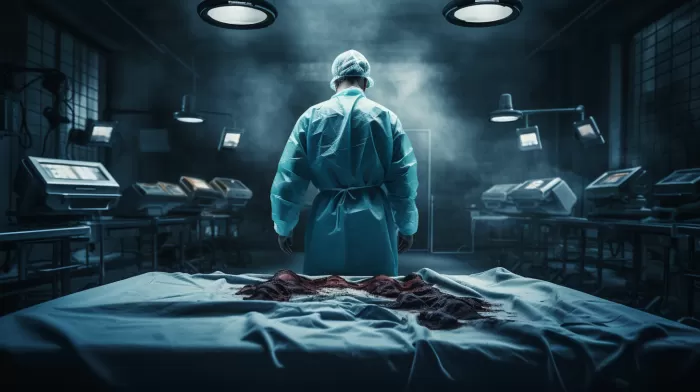It’s alarming to think that when you go under the knife for surgery, there’s a chance that a serious mistake could be made, leading to devastating consequences for your health. Despite the meticulous training and expertise of surgeons and medical staff, the reality is that inexcusable surgical errors, known as “never events,” happen far more often than you might think.
In fact, research conducted by Johns Hopkins safety experts has found that every week in the U.S., surgeons leave foreign objects like sponges or towels inside patients’ bodies around 39 times, perform incorrect procedures roughly 20 times, and operate on the wrong body sites another 20 times. It’s estimated that a staggering 80,000 never events took place in American hospitals from 1990 to 2010, and these numbers are likely on the low side.
Understanding the Unthinkable
Why do such grave mistakes happen in healthcare, even with so many precautions in place? While some aspects of healthcare involve inherent risks that can’t be eliminated entirely, never events are a different story. They are a result of human error and completely avoidable.
Study leader Marty Makary, M.D., M.P.H., an associate professor of surgery at the Johns Hopkins University School of Medicine, explains: “There are mistakes in health care that are not preventable. Infection rates will likely never get down to zero even if everyone does everything right, for example. But the events we’ve estimated are totally preventable. This study highlights that we are nowhere near where we should be and there’s a lot of work to be done.”
The Age Factor and Repeated Errors
According to the study, never events are most likely to happen among patients between the ages of 40 and 49. Incredibly, surgeons in this same age group are responsible for over one-third of these events. Surgeons over the age of 60 account for just 14.4 percent of cases. It appears that this may be a crucial factor that contributes to these serious medical errors.
Furthermore, the data revealed that 62 percent of the surgeons involved in never events had more than one malpractice claim against them. A staggering 12.4 percent had multiple separate surgical never events reported. This raises some serious questions about the need for more intervention and oversight when it comes to medical professionals who frequently make devastating mistakes in their practice.
The Physical and Financial Consequences
Never events not only put patients’ lives at risk, but they also lead to various other physical, emotional, and financial consequences. The study’s analysis found 9,744 paid malpractice judgments and claims spanning 20 years, with a total of $1.3 billion in payments.
The impact on the patients involved is even more profound. Of those affected by never events, 6.6 percent died, 32.9 percent suffered permanent injury, and 59.2 percent experienced temporary injury.
Preventing Never Events – What Can Be Done?
The fact remains that surgery inherently carries some level of risk, and hospitals and medical teams will never be able to prevent every possible mistake. However, never events are entirely avoidable, and to reduce their frequency, medical professionals and facilities must adopt multiple approaches.
Better communication among healthcare team members, as well as between medical staff and patients, is crucial. This can include using tools like checklists from the World Health Organization to ensure essential steps aren’t missed.
Another approach is to strengthen patients’ rights as advocated by the WHO and the International Alliance of Patients’ Organizations. By empowering patients to take more control over their healthcare decisions, a stronger partnership can be built with medical staff to minimize errors.
Lastly, it’s essential for hospitals and medical professionals to learn from their mistakes. By closely analyzing cases where never events have occurred, healthcare institutions can identify trends and problem areas. By doing so, they can make adjustments to protocols, procedures, and training practices to mitigate the likelihood of repeat mistakes.
Surgical never events continue to happen far too frequently, but by focusing on learning from our mistakes and better communication and collaboration, we can work towards a future where such devastating errors are a thing of the past.



